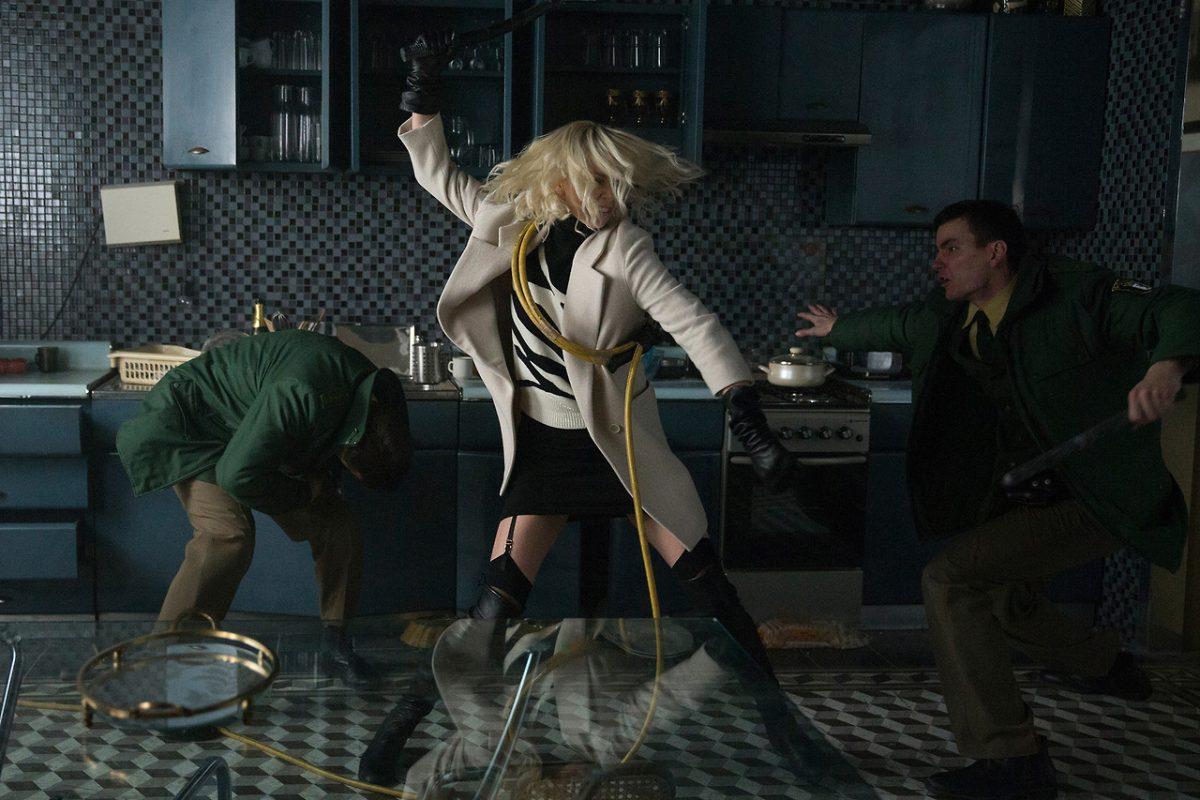“Blackhat” fails to make hacking watchable for audiences
“Blackhat,” starring Chris Hemsworth, is a plodding crime drama about hacking, with clumsy dialogue and boring characters.
Michael Mann’s “Blackhat” opens with a Chinese nuclear plant explosion caused by a cyberattack. Minutes later, a villainous entity manipulates the stock exchange to collect more than $70 million. Now the race is on to find out that is doing this and to what end.
Chen Dawai (Chinese music star Wang Leehom), who is part of the Chinese military, recognizes some of the code causing these attacks as some of the work he co-wrote at the Massachusetts Institute of Technology. To find the people responsible, he calls upon the help of his roommate, Hathaway (Hemsworth), and his sister, Lien (Wei Tang).
Hathaway is actually in prison for his own share of cybercrimes. He’s quick to point out, though, that he acted as a Robin Hood of sorts — he never stole from people but only from corporations and banks. The audience gets introduced to him in an excellent scene in which he is punished for putting money into his cellmates’ prison credit accounts. It’s the only character introduction done with subtletly. Hemsworth gets to show off his natural movie-star charisma.
The pursuit of this villain takes the team, which includes the always interesting Viola Davis as the United States’ FBI liaison, across Malaysia, Hong Kong and Indonesia. However, all this globetrotting doesn’t distract from the many scenes in which the actors have to sit in front of computers, randomly attack the keyboard, scan unending lines of monotonous code and say some seemingly ridiculous conclusion. Dramatizing computer work is a problem Hollywood still hasn’t figured out. In such a visual medium, it’s difficult to make someone sitting and typing exciting, but infusing the situation with drama or even avoiding it altogether seems to be the best strategy.
This isn’t aided by the poor script by Morgan Davis Foehl, who has worked as an editor, not writer, on previous films. There are a couple problems in the script. Other than Hathaway, no one else gets any character development or backstory. This might’ve been acceptable if there was any drama to his character. A blackhat is a term used to describe people who cause trouble for no apparent reason. However, it’s obvious from the first scene that Hathaway is more of a whitehat. His good intentions are never in question. He gets played up as a genius, but he never has a secondary ploy that he could have been running.
The only drama in “Blackhat” is the cat-and-mouse game. But the way the mystery comes together falls flat. Without delving into spoilers, the film doubles back against a rule it set up earlier. The villian’s plan is also over the top and underwhelming; the final stages of his ploy don’t really build upon what was done earlier.
Furthermore, Lien is a particularly weak female character. While Davis has the acting chops to elevate the script she’s dealing with, her snarky looks convey more than the dialogue. Lien lacks any agency. She gets into a relationship with Hathaway for no particular reason. The two lack onscreen chemistry.
While the runtime for “Blackhat” is a little over two hours, this film feels like three hours. It’s poorly edited and has long cuts of uninteresting shots. This is disappointing because Mann’s previous work — finding space in the gray between right and wrong — has been excellent. “Collateral” is tightly edited and is tense throughout. None of that energy is here.
The recent jailing of Barrett Brown is indicative of the government’s disdain of hacking. His mere relationship to a hacking job by Anonymous got him 63 months in jail. The Sony hacking is another reminder that the central story here is not fiction anymore. “The Interview” wasn’t smart or funny enough to capitalize on the cultural significance it was saddled with, and neither is “Blackhat.”












